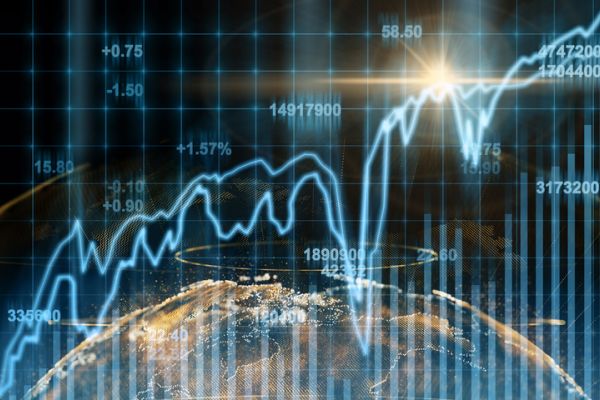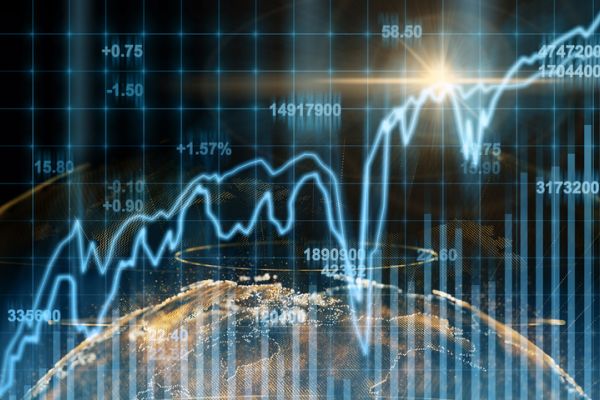Development Of An Extended Social Accounting Matrices (SAM)
TRAINING DATES: 28th July- 1st August 2025
COUNTRY: Ghana-Accra
Overview
This course provides a strong theoretical foundation and hands-on experience in extending Social Accounting Matrices (SAMs) to capture and integrate environment and climate change variables as well as labor market vectors. This involves building the respective satellite accounts as well as customizing them to Social Accounting Matrices (SAMs) following the System of National Accounts 2008.
The course is key for building extended Social Accounting Matrices (SAMs) that are required for CGE and Multiplier models that focus on environment, climate change and labor markets. The course objective would therefore be to enhance the understanding of the extended SAMs especially in the following areas.
- Building Supply and Use Tables (SUTs) and SAMs
- Theory of satellite accounts with focus on environment and climate change
- Building satellite accounts for emissions, energy, water, and land
- Customizing environmental and climate change satellite accounts to SAMs
Course Content
| Session/Day | Lecture Topic | Lab session |
|---|---|---|
Module 1 | Building SUT/SAM -Theory of SAMs and Economy-wide models -Construction of SUTS -Development of Social Accounting Matrices (SAMs) | Construction of Macro- SAMs |
Module 2 | Building emission and energy satellite accounts -Theoretical nesting of emissions and energy in National Accounts -Building emission satellite accounts -Construction of energy satellite accounts -Customizing emission and energy satellite accounts to SAMs | Customizing emission and energy satellite accounts to SAMs |
Module 3 | Building satellite accounts for water and land and other natural resources -Theoretical nesting of water and land in National Accounts -Building water satellite accounts -Construction of land satellite accounts and other natural resources -Customizing water, land and other natural resource satellite accounts to SAMs | Customizing water and land satellite accounts to SAMs |
Module 4 | Extending SAMs to capture employment and environmental multipliers -Theory of employment multipliers based on Full Time Equivalent (FTE) -Building employment vectors from Household Surveys and Labour Force Surveys -Building employment and environmental multipliers | Building employment and environmental multipliers |
Module 5 | Policy simulations and policy analysis -Policy simulations using extended SAMs | Policy simulations using extended SAMs |







